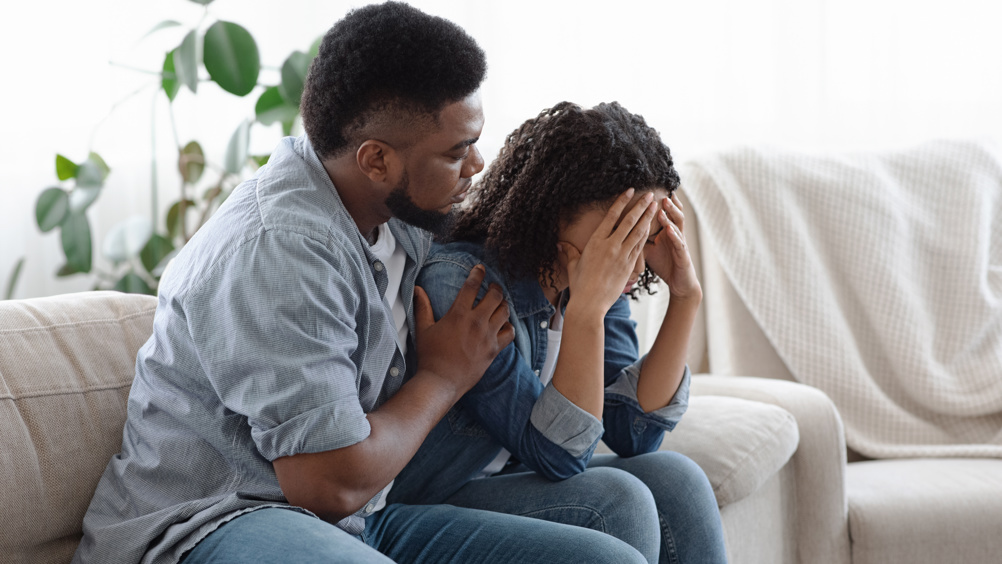References
Nurses and liability for psychiatric harm to relatives

Abstract
Richard Griffith, Senior Lecturer in Health Law at Swansea University, discusses nurses' duty of care to patients' relatives who suffer psychiatric harm when a loved one dies from a negligently undiagnosed and untreated illness
In negligence law, health professionals, including nurses, can be held liable if their actions or omissions harm a patient. This harm is not limited to physical injury but can also include psychiatric injury, which courts have recognised in legal claims (Page v Smith [1996]).
Concerns remain that psychiatric harm can affect both those directly involved in an accident and those who witness it, are related to the person, or hear about it. Therefore, courts are limited over who can claim damages for psychiatric harm by specifying conditions under which a duty of care arises.
In psychiatric harm claims, the law differentiates between primary and secondary victims. To limit liability, distinct rules are applied to each category (White v Chief Constable of South Yorkshire Police [1999]).
A primary victim is someone directly involved in the incident. To qualify as a primary victim, one of the following four conditions must be met:.
Register now to continue reading
Thank you for visiting British Journal of Nursing and reading some of our peer-reviewed resources for nurses. To read more, please register today. You’ll enjoy the following great benefits:
What's included
-
Limited access to clinical or professional articles
-
Unlimited access to the latest news, blogs and video content

